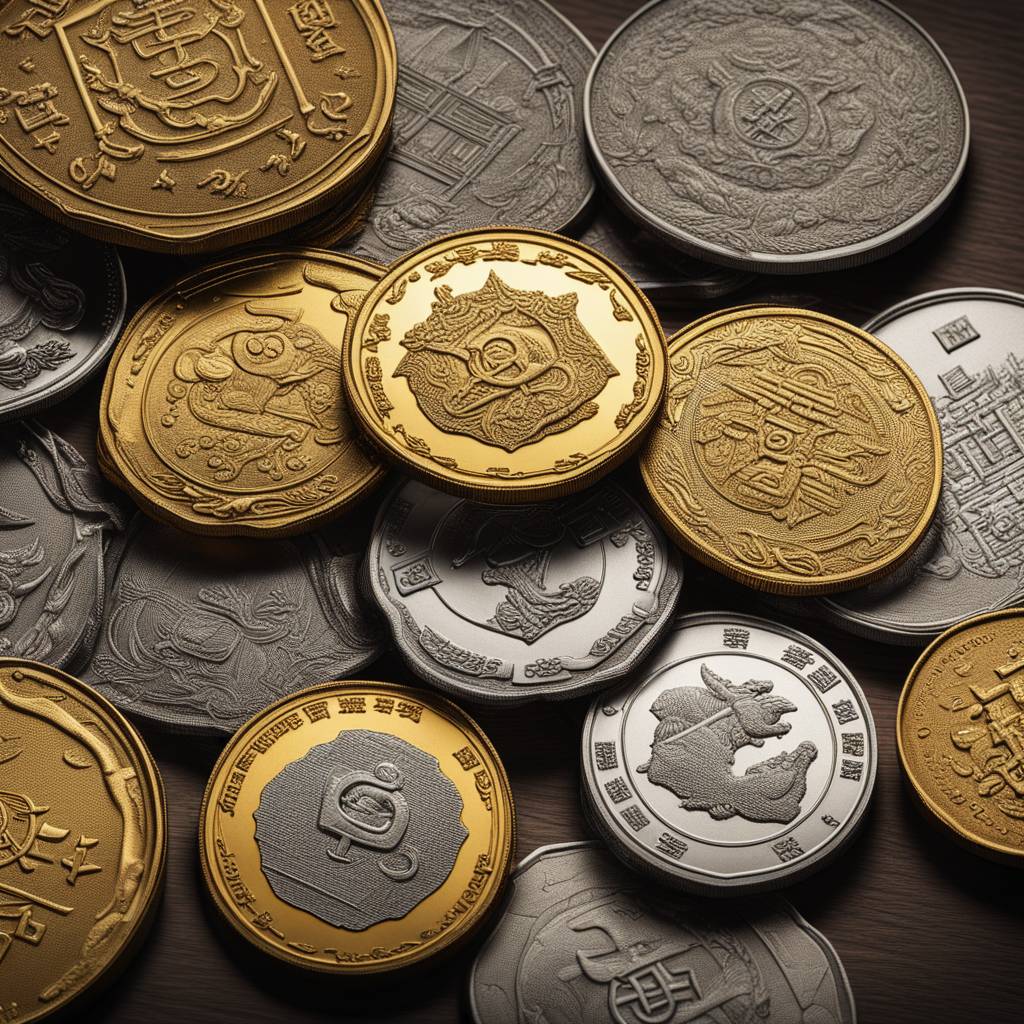South Korean regulators are taking action to prevent traders from selling stolen coins on the country’s crypto exchanges. This decision came after news of a suspected hack on the NFPrompt platform last month. There were allegations that a South Korean trader knowingly purchased stolen NFP coins from a hacker and then sold them on the Coinone exchange. The Financial Supervisory Service (FSS) and the Financial Services Commission (FSC) are planning to investigate this incident and prevent trading platforms from listing hacked tokens.
In response to the hack allegations, South Korean crypto community members were outraged when a domestic investor reportedly bought stolen assets from a hacker in an over-the-counter transaction. The investor admitted to buying the coins in a deal and raised questions about Coinone’s liquidity and ability to process large transactions. Coinone responded by adding NFP coins to its “investment cautionary coins” list due to security concerns. Regulators have also promised to probe the transaction and allegations of price manipulation, as NFPrompt prices fell abruptly following the incident.
South Korean regulators are overhauling systems related to unfair transactions ahead of the implementation of the Virtual Asset User Protection Act in July. They have ordered domestic exchanges to launch abnormal transaction systems that can identify illegal or suspicious transactions. If the FSC or FSS suspects that the trader used illegal means to obtain the coins, they will launch a full investigation into the NFP coin incident. Domestic exchanges are in the process of establishing systems to prevent unfair practices and ensure compliance with industry standards.
Coinone is still conducting an internal review to determine if the leaked NFPrompt foundation’s assets were accidentally caused by hacking. The platform is communicating with the foundation to establish the truth of the matter. South Korean regulators are planning to create exceptional provisions for bans on deposit and withdrawals on exchanges, as well as industry-wide standards for sharing information about potentially illegal transactions. They hope that these measures will create a safety net to trigger at all exchanges following hacks and leaks, as OTC transactions in South Korea have come under scrutiny. Regulators have promised to take action after police reported multiple instances of OTC-related thefts.


